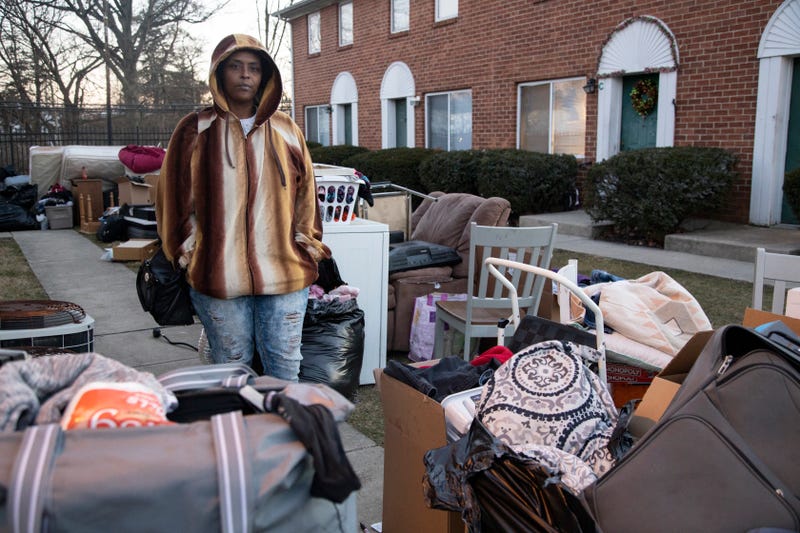
The Supreme Court denied a request by a coalition of landlords to end the nationwide eviction moratorium by the Centers for Disease Control with a 5-4 vote.
Chief Justice John Roberts Jr. and Justice Brett Kavanaugh sided with the more liberal justices on the court, forming a majority to keep the ban on evicting tenants who cannot pay their rent in place.
Kavanaugh said he agreed the CDC exceeded its authority by issuing a nationwide eviction moratorium. But he believed it should remain in place for at least another month while the government works to provide renters relief already authorized by Congress.
“Because the CDC plans to end the moratorium in only a few weeks, and because those few weeks will allow for additional and more orderly distribution of the congressionally appropriated rental assistance funds, I vote at this time to deny the application to evacuate the District Court’s stay of its order,” Justice Kavanaugh concurred.
Kavanaugh said he would not support extending the moratorium from the CDC beyond July 31 without new legislation from Congress that gives “clear and specific … authorization.”
The Alabama Association of Realtors pursued legal action after the moratorium took effect in September. That's when a similar Congressional ban expired. A District Court judge vacated the moratorium, also concluding the CDC overstepped its authority, but she stayed that ruling while the federal government appealed.
Justices Clarence Thomas, Samuel Alito, Neil Gorsuch, and Amy Coney Barrett would have granted the request to end the moratorium.
Philadelphia is providing emergency rental assistance to help tenants with back rent in an effort to mitigate evictions in the city. The city has enough funds to distribute $97 million to those in need.
A Pennsylvania Supreme Court ruling opened the door to possible evictions in other counties after the moratorium ends, even for those who have started the rental assistance process.
KYW staff contributed to this report.


